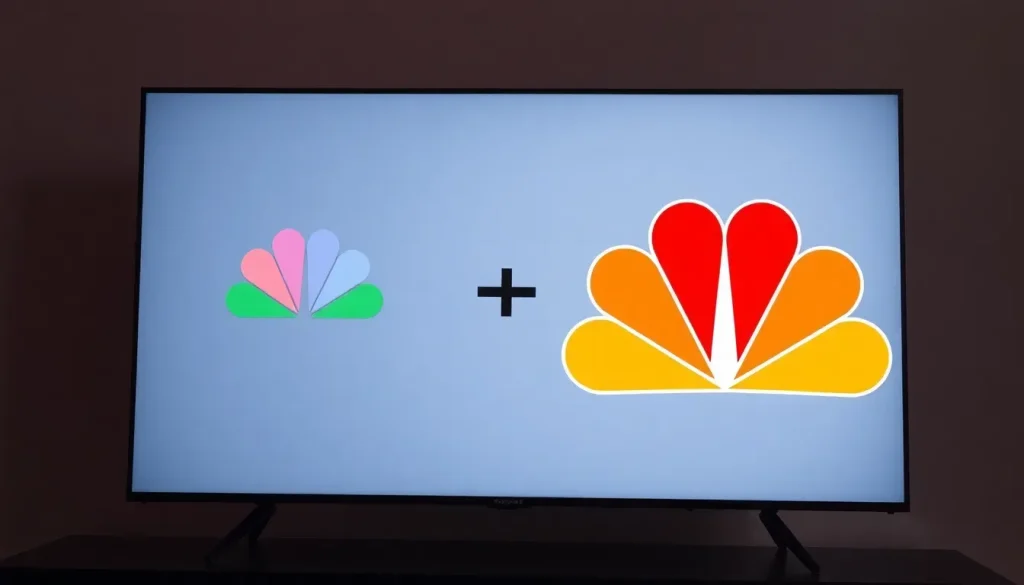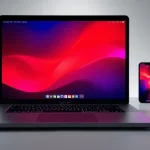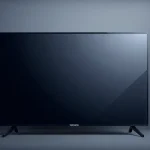YouTube and NBC Dispute Over the Future of TV Bundles

As the landscape of television continues to evolve dramatically, a recent dispute between YouTube TV and NBCUniversal has brought to light critical issues surrounding the future of TV distribution. With changes in how audiences consume media, this confrontation may shape the way we view our favorite shows and channels. Let’s dig deeper into the implications of this dispute.
The core of the YouTube TV and NBC dispute
The disagreement between YouTube TV and NBCUniversal represents a larger battle for control over content distribution in the streaming era. As consumers shift away from traditional cable packages, both companies are vying for a share of the evolving viewership model. In this new reality, the distinctions between standalone streaming platforms and live TV streaming services, known as virtual multichannel video programming distributors (vMVPDs), are becoming increasingly blurred.
Standalone streaming services, such as Netflix, Disney+, and HBO Max, primarily offer original and library content, often exclusive to their platforms. On the other hand, live TV streaming services like YouTube TV, Hulu + Live TV, and Sling TV replicate the cable experience by providing a broad array of live channels, often bundled with on-demand content and cloud DVR capabilities. YouTube TV currently leads the market with approximately 10 million subscribers.
- Standalone services: Netflix, Disney+, HBO Max, Peacock
- Live TV services: YouTube TV, Hulu + Live TV, Sling TV, FuboTV
This competition is fierce as traditional pay TV packages struggle to retain relevance, particularly for anything other than news and sports programming. The best new shows have migrated to standalone streaming platforms, prompting companies to seek new ways to bundle services and maintain subscriber interest. However, this presents significant challenges for YouTube TV, especially if it begins to offer bundled access to services like Peacock.
Understanding the concept of 'ingestion'
At the heart of this dispute is a concept known as "ingestion." YouTube TV is advocating for the ability to integrate Peacock’s content directly into its platform, allowing users to access NBC’s offerings without needing to switch between apps. This integration could potentially simplify the viewing experience for subscribers, providing a single interface to access a comprehensive array of programming.
However, NBCUniversal is resistant to this idea. By keeping viewers within the Peacock app, they can gather valuable data on user behavior, target advertisements more effectively, and promote Peacock-exclusive content. When NBCUniversal claims that Google wants to control what viewers watch, it is likely referring to the overarching influence YouTube would have over the viewing experience and associated advertising revenue.
- Advantages of ingestion for YouTube TV:
- Streamlined viewer experience
- Reduced need for multiple app sign-ins
- Centralized access to content
Potential impact on the future of streaming
This dispute is more than a simple disagreement; it is indicative of the broader tensions in the television industry. As streaming services and traditional networks navigate their relationships, the way content is delivered and monetized is under significant scrutiny. For instance, some programmers have embraced the concept of ingestion. Companies like Philo and Fubo are looking to incorporate programming from other services into their own apps, demonstrating a willingness to adapt to changing consumer habits.
Amazon has also carved a niche by offering subscriptions to various streaming services through its Prime Video platform, showcasing that content aggregation can be beneficial for both sides. Yet, it remains to be seen whether NBCUniversal will follow suit or continue to protect its content and viewer data.
What channels might be affected?
In the course of this dispute, there is a possibility that certain channels could be removed from YouTube TV altogether. Subscribers may face the reality of losing access to popular NBC programming, which could lead to a decline in user satisfaction and subscriber retention. If YouTube TV is unable to secure a favorable agreement, the absence of NBC channels could drive viewers to explore alternative streaming options.
- Potentially affected NBC channels:
- NBC broadcast channel
- USA Network
- Bravo
- MSNBC
- Telemundo
The implications for subscriber behavior
As consumers become accustomed to bundled services, YouTube TV's strategy could significantly impact subscriber behavior. If users are forced to navigate multiple apps to access content, they may become frustrated and seek alternatives that offer a more cohesive viewing experience. This shift could lead to a decline in YouTube TV subscribers, further affecting its market position.
A report by TechHive illustrates that the traditional pay TV bundle is losing its appeal, pushing distributors to rethink their strategies to maintain viewer loyalty.
Current status of the negotiation
As of now, both companies have agreed to a short-term deal extension to prevent an immediate blackout. However, this is only a temporary solution, and negotiations will continue as both sides try to find common ground. The outcome of these discussions will have lasting implications for how content is distributed and viewed in the streaming landscape.
The broader context of the TV industry
The YouTube TV and NBC dispute encapsulates a larger struggle within the television industry as it adapts to the rise of streaming. With audiences increasingly favoring on-demand content, traditional networks must adapt or risk becoming obsolete. This ongoing battle over content distribution will likely see more skirmishes as companies navigate their relationships and strive to protect their financial interests.
In this rapidly changing environment, the decisions made today will shape the future of television for years to come. As viewers, understanding these dynamics can help us better navigate our choices in content consumption.
For more insights into this evolving situation, you can check out the video titled "NBCUniversal vs YouTube TV: What's the Future of Streaming?":
This dispute will not only influence individual viewing habits but also the strategies of future streaming services as they seek to create compelling offerings in a competitive marketplace.




Leave a Reply